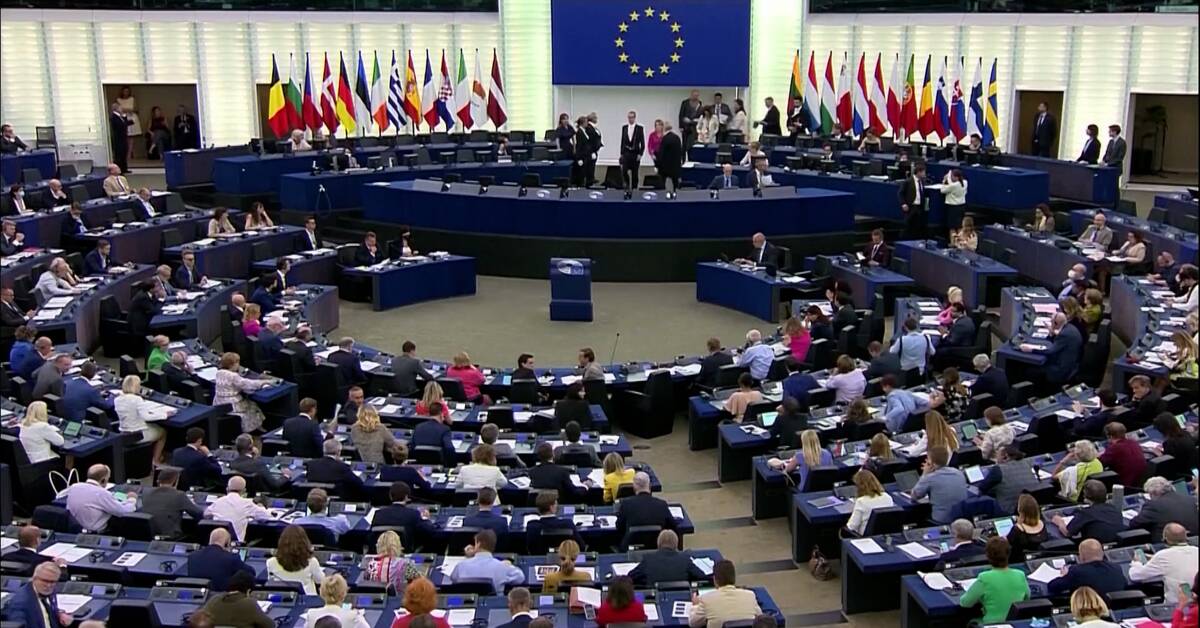During an extraordinary meeting on Tuesday, a large majority of EU ministers were in favor of the European Commission's proposal for a voluntary reduction in gas use.
The reduction target is 15 percent and plans to be from August 1 this year to March 31, 2023.
The rationale behind the proposal is to prepare for possible interruptions in gas supplies from Russia and secure the energy supply for the winter.
- We are satisfied with the result.
The EU countries clearly demonstrate to Russia, to the outside world and to the market that we are steadfast in our cooperation and our actions to become independent of Russian fossil energy.
It has been important, says Energy Minister Khashayar Farmanbar according to TT.
“Must be ready”
On Monday, the Russian state gas company Gazprom announced that they will reduce the flow through the Nord Stream 1 pipeline. A decision that, according to the EU's energy commissioner Kadri Simson, is a worrying political strategy from the Russian side in response to the international sanctions against Russia.
- Yesterday's announcement from Gazprom underlines again that we must be ready for cut off supply from Russia, at any time.
And to be ready, we must act now, said Simson on his way to Tuesday's extraordinary ministerial meeting in Brussels.
Hungary voted against
Which measures should be taken to reduce gas use is up to each country.
It will also be possible to request exemptions from the reduction target, for example in case of urgent need for gas for industries or if the reduction target has been exceeded.
Should there be an excessively large gas shortage, the European Council can also trigger a "union alert", which means that the reduction in gas use is mandatory.
The only country that did not vote in favor of the plan was Hungary, which claimed that the proposal is "unfeasible and harmful" as the reduction of Russian gas, according to them, could further affect the strained economy and energy supply in Europe.
Gloomy forecast for the world economy
For a long time, several EU countries have been dependent on Russian energy.
After the war in Ukraine broke out and Russia tightened the gas supply, electricity prices have skyrocketed and households as well as industries are affected.
This, combined with inflation, rising commodity prices and the corona pandemic, has caused the IMF, the International Monetary Fund, to lower its forecast for global growth for the second time this year to 3.2 percent.
They are now sounding the alarm that the world may be heading into a recession – that is, a mild recession.

